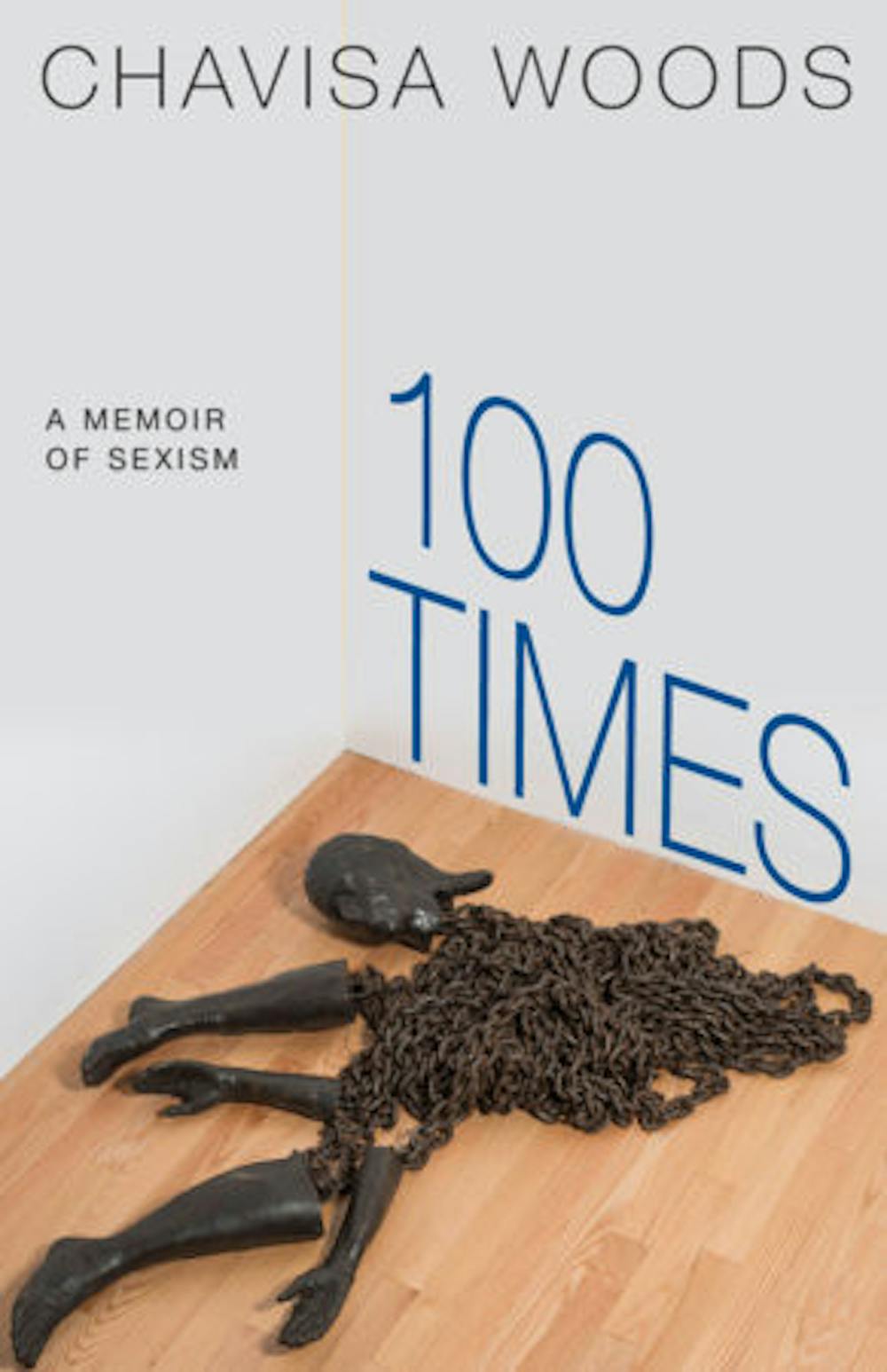“100 Times” is a compilation of autobiographical vignettes in which the author tells of the many times she has been sexually harassed, assaulted and/or discriminated against from the time of her childhood and up until her mid-thirties. The author is a white, queer woman who is based in Brooklyn and she also spent time growing up in the Midwest. The truth is that the stories are shocking, disconcerting and terribly familiar all at once. Unfortunately, they do not strike me as “out of the ordinary” and likely wouldn’t strike many American women as anomalous. For the record, I’m not proud of this assessment. I’m not proud to live in a society that desensitizes me to sexual harassment, assault and discrimination due to their prevalence, and I imagine this is one of the reasons this book exists: to shake us awake, causing us to recognize, evaluate and interrogate what we have accepted as “normal.”
The work is invaluable as it highlights the multitude of unwelcome and unfair behavior women are socialized to tolerate and endure. It also raises questions regarding public violation of bodily autonomy and personal space. It features moments of gaslighting and the relentless testing of boundaries many women encounter as they assert themselves in interactions with men. In her youth, for example, adults told Woods that boys’ violence towards her was reflective of their interest in her. She recounts experiences in which her expressed disinterest in a man’s sexual advances seem to embolden their pursuits, as though her “no” is not the end of the conversation, but rather the beginning of a negotiation. She has also been iced out of professional enrichment/development opportunities because she is perceived as a threat or a liability on the sole basis of her sex.
I’d recommend this work to any woman who has been admonished for turning down a man’s interest in her — “Go easy on him” — who has been chastised regarding her clothing choices — “She was asking for it” — who has been catcalled in the streets — “It was a compliment! What’s your problem?” — or who has had an appropriately angry reaction to someone disrespecting limits she has clearly set. I’d also recommend it to all men, especially those who liberally use the phrases “It was just a joke,” “I was just kidding around” and/or “Don’t take it so seriously.” Also to any man who has ever uttered the phrase, “You’re not that cute anyway” in an attempt to shake a woman’s confidence following her rejection of his advances.
Readers should know that the book includes retellings of attempted rape, aggravated assault and nonconsensual drugging (i.e., roofie-ing) and I wouldn’t recommend the work to anyone who may be triggered by these themes. Another work in our collection that features autobiographical stories from women who have been sexually vicitimized is “Not That Bad: Dispatches from Rape Culture,” edited by Roxane Gay. If the book could grant me one wish, it would be a cursory roadmap that would tell us how to build toward better. But it’s not the victim’s responsibility to also provide the solution.
The Librarian is in: '100 Times'

Comments



